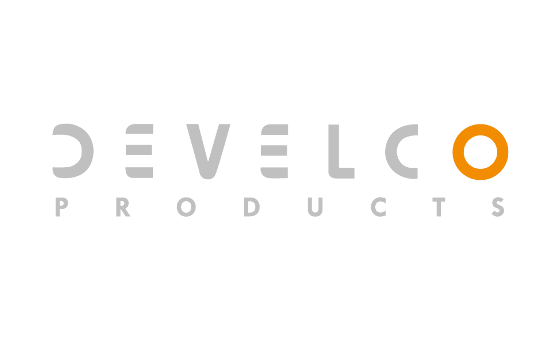 Tejre Tobiassen suffered from a cardio arrest. During his rehabilitation, Tejre came up with the idea of an intelligent wearable that could help prevent cardio arrest and other life threatening incidents. A year after his cardio arrest, he founded ContinYou. The product is ready for sale in Norway.
Tejre Tobiassen suffered from a cardio arrest. During his rehabilitation, Tejre came up with the idea of an intelligent wearable that could help prevent cardio arrest and other life threatening incidents. A year after his cardio arrest, he founded ContinYou. The product is ready for sale in Norway.
The wearable that can actually help prevent cardio arrest and other life threatening incidents is called Contact. Contact continuously monitors physiological data, such as pulse, skin temperature, oxygen saturation, and movement. The data makes Contact able to health hazards - enabling it to save lives. Contact will be launched in Norway this summer, and other Nordic countries will follow rapidly.
"We are delighted to be able to develop this product together with our partners, such as Develco, and are very excited to see how the different markets in different countries will respond to this new exciting technology. Contact will be available for purchase both to the private market and the public sector," states Rune Johansson, chief of sales and marketing at ContinYou.
A unique invention
Contact is a unique invention, because of the integrated SIM-card and home gateway. In case of irregularities in the physiological data, Contact will alert the user and the user's relatives. If it happens when the user is away from home, Contact uses GSM for data transmission. If the user is at home, the gateway keeps track of the data and will send out an alert through the cloud service. Contact is also equipped with GPS tracking, making it possible to use geo-fencing. This sort of welfare technology can help people with poor health and elderly people, who can benefit from the extra safety that Contact provides.
Future-proof
Contact uses wireless communication and the solution could be expanded in the future to also include other healthcare devices. This could be Smart Plugs and Heat Alarms, which can keep track of energy consumption and detect if something is wrong and then alert the users’ relative and perhaps also emergency dispatch centers.
Develco Products provided ContinYou with the Squid.link Gateway with Bluetooth Low Energy for communication between Contact and the gateway. Bluetooth Low Energy uses very little energy and is optimal for the continuous monitoring of physiological data. For the users, this means that Contact has extended battery life.
The gateway is an important part of the solution, since it helps Contact to conserve the energy in several ways. The gateway is installed in the user home, where it collects and sends data to the cloud, which requires little power. When being near the gateway, Contact turns off the GPS, thus, reducing the power consumption. This is also an advantage for the users, as it increases Contacts battery life. Furthermore, firmware upgrades can be sent directly to Contact through the gateway.
About Develco Products
Develco Products delivers a wireless platform for solution providers within Smart Home, energy management, and assisted living. We provide high-volume customized products for companies supplying end-users with Internet of Things solutions.
About ContinYou
ContinYou AS is a fast- growing startup company from Sandnes, Norway. ContinYou AS have developed Contact. A brand-new health watch with built in GSM and GPS. It's an ultra-mobile automatic fall alarm and health monitor, utilizing big data to predict events. Enabling people to be mobile, independent and active longer as well as giving them the opportunity to stay longer in their own homes despite illness or disabilities.